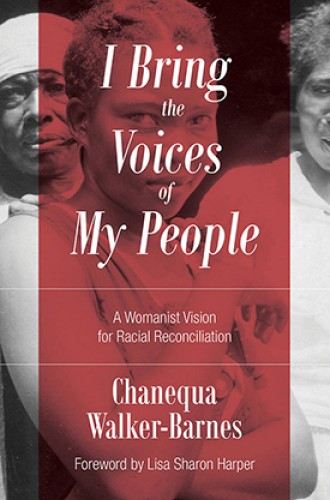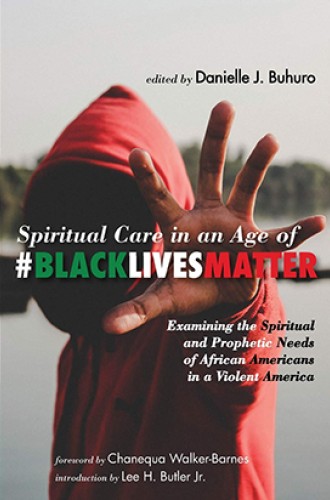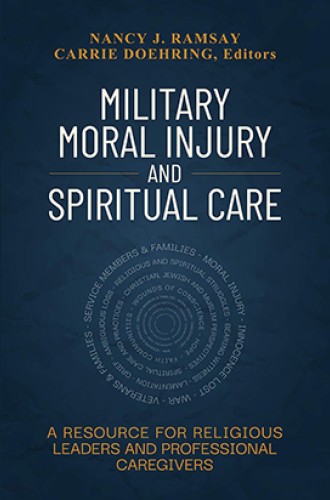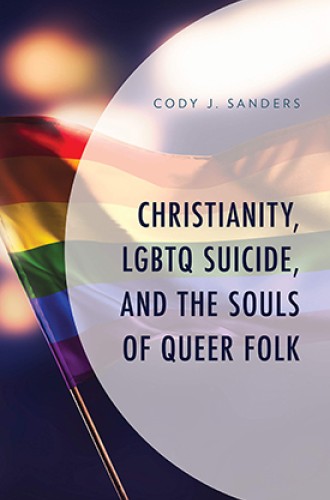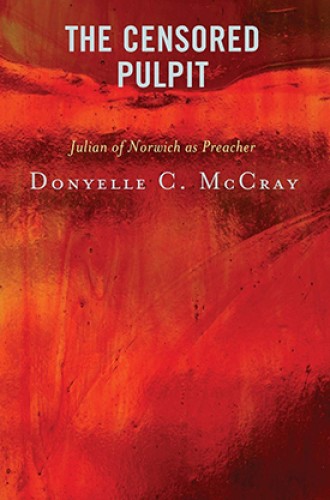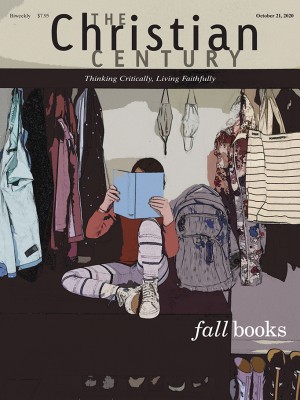In I Bring the Voices of My People: A Womanist Vision for Racial Reconciliation (Eerdmans), Chanequa Walker-Barnes offers a salient Christian vision for racial reconciliation. This vision is notable for its clear and direct assessment of what has been lacking in many Christian efforts on this front: the voices of Black women, Asian women, Indigenous women, and Latina women. Walker-Barnes calls this gap “the e-racing of gender,” and she begins to fill it by offering a womanist vision of reconciliation that is clear, compelling, and full of grace. This is not cheap grace: it is costly in its unmasking of White supremacy and misogyny and in its insistence on telling the truth about the complexity of racism in our common life.
Walker-Barnes clears the decks by stating outright that “racism is not about feelings or friendship,” nor can it be remedied by the symmetrical relationship model for reconciliation that many Christian groups embrace. Rather, racism is about structural power that props up White people as superior to others. Maintaining that “racism is not a stand-alone issue,” Walker-Barnes also explains how various systems of oppression are interrelated, offering striking stories and prodigious social research.
Read our latest issue or browse back issues.
Walker-Barnes highlights the work of structural justice as integral to real reconciliation, conveying her meaning in vivid, easy-to-grasp analogies. For example, she points out that in friendship, people run toward each other, while in solidarity, people run beside each other toward a greater good. The voices of women of color, heard alongside each other in this learned and readable account, point the way.
Spiritual Care in an Age of #BlackLivesMatter: Examining the Spiritual and Prophetic Needs of African Americans in a Violent America (Cascade) is a wide-ranging collection of 20 essays and articles by African American chaplains, educators, activists, pastors, and scholars, edited by Danielle J. Buhuro. The book addresses, in Lee H. Butler Jr.’s introductory words, “the ways African Americans experience the national assault on Black bodies.”
Some of the authors describe how they teach their children to handle regular (expected) experiences of White supremacist aggression, both micro and macro. Others share coping strategies and spiritual practices, such as mindfulness, to help Black people gain clarity and resilience in the struggle. Liz S. Alexander’s contribution addresses the challenge of providing safety for Black girls and women given the impact of juvenile incarceration.
A primary theme is spiritual and prophetic care for African Americans in hospital settings, with a focus on clinical pastoral education. Buhuro is an ACPE educator and supervisor at two hospitals in Chicago. She and several other contributors argue for more CPE training for Black pastors and for the hiring of more Black hospital chaplains. These essays build upon each other and make a strong case for Afrocentric CPE, which through practices of “empathy, education, and empowerment” can be both healing and liberating.
A new collection edited by Nancy J. Ramsay and Carrie Doehring, Military Moral Injury and Spiritual Care: A Resource for Religious Leaders and Professional Caregivers (Chalice), offers eight substantive articles revolving around the question of how to care for veterans suffering from the moral trauma of war. The term moral injury has gained credence in recent years as returning veterans exhibit a kind of deep spiritual suffering that goes beyond the clinical diagnosis of post-traumatic stress disorder. Moral injury is defined as the struggle of conscience that comes from the experience of participating in, failing to prevent, or witnessing actions that violate one’s deeply held moral values.
Reflecting upon the insights of pastoral theologian Larry Graham’s 2017 book, Moral Injury: Restoring Wounded Souls, these authors shine a light on the spiritual and moral wounding of returning veterans in their particular contexts and religious traditions. The authors in this conversation include veterans, chaplains, poets, and scholars from Christian, Jewish, and Muslim traditions. The result is a searing and complex portrait of the pain that military moral injury imposes, along with much helpful guidance regarding spiritual care for returning veterans, “the shared work of rebuilding better futures” with them.
Topics that receive much-needed attention include the unique challenges of Muslim military veterans, many of whom have been treated with distrust; the value of witness poetry as a means of lamentation that “breaks open the silence of pain” without imposing narrative resolution; and spiritual practices that can be used in small groups to aid in recovery and healing. One chapter mines the wisdom of classical Jewish texts, which point to returning warriors’ needs for time and space for lamentation, the importance of communal engagement with them, and God’s enduring care for the brokenhearted.
In Christianity, LGBTQ Suicide, and the Souls of Queer Folk (Lexington), Cody J. Sanders offers a close look at the role of Christian narratives in the lives of nine LGBTQ people who have attempted suicide and survived. He finds that many of his interviewees were surrounded in their faith communities by “theological doublespeak,” a particularly damaging form of mixed messages. Condemnatory messages were set within positive narratives of God’s unfailing love that were central to the participants’ sense of identity, making it difficult to untangle the harmful narratives from the life-giving ones. This doublespeak, combined with the social rejection that the interviewees experienced, contributed to a sense of inner confusion, conflict, or chaos, leading to suicide attempts.
Interestingly, Sanders finds that even as the participants began to recover from the “soul violence” they experienced in their families and churches, they did not reject their faith wholesale but tended to practice “religious resistance.” They did this by migrating to different denominations or faiths, by continuing to pray or engage in other spiritual practices, or by actively critiquing and revising their theological frameworks.
Sanders employs a social constructivist analysis of his findings that invites pastoral practitioners to address the deep causes behind the problem of LGBTQ suicide. Theological narratives have both life-giving and death-dealing potential. Sanders encourages churches to acknowledge publicly the soul violence that has been done to queer people, as well as to cultivate the capacity for the religious resistance and theological imagination that can help support the livability of life for queer souls.
While medieval mystic Julian of Norwich is well known, until now she has not been much celebrated as a preacher. Donyelle C. McCray makes just this case in The Censored Pulpit: Julian of Norwich as Preacher (Lexington). She offers a layered and compelling interpretation of Julian as a living sermon, one whose body and words confirmed her vocation with stunning clarity.
As an anchoress, Julian occupied a liminal space between church and world, living in her anchorhold, a stone dwelling metaphorically described as both womb and tomb, a space set aside for a life of prayer. In this spiritual wilderness, Julian embodied the authority of a prophet. She recorded the revelations, or “showings,” of divine love that were granted to her, with full confidence in the truth of her words. Enclosed though she was, Julian shrewdly proclaimed a message that could not be censored.
This slim volume is fairly brimming with insight into Julian’s writing and rhetoric. The discussion engages a rich trove of medievalists, biblical scholars, poets, and homileticians. While contemporary pulpits are highly censored spaces where pastors fear offending their flocks, McCray finds in Julian a model for a “mystical homiletic” that grows out of a burning desire for God that resists restriction. Contemporary figures who extend Julian’s legacy often preach from society’s margins rather than its centers of power. McCray’s original and distinctive voice animates this perceptive plea for the gentle but risky proclamation of divine love.


